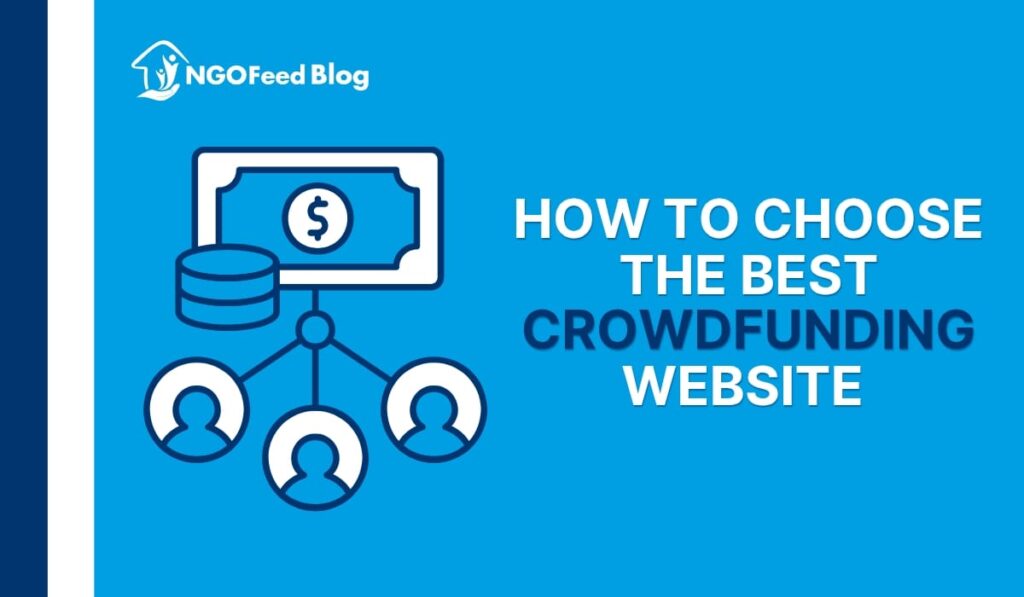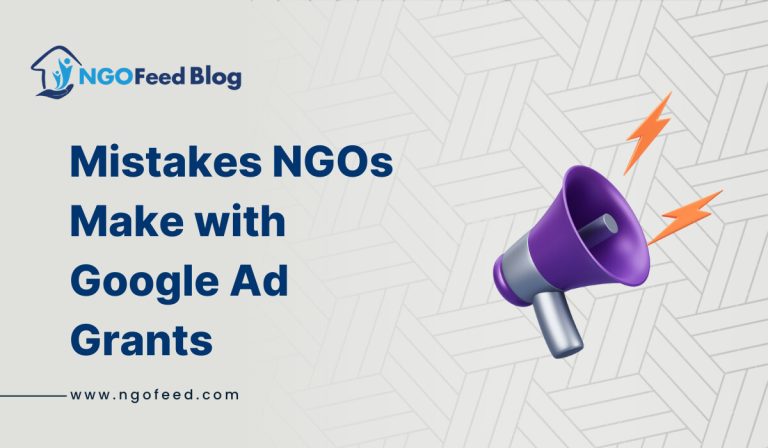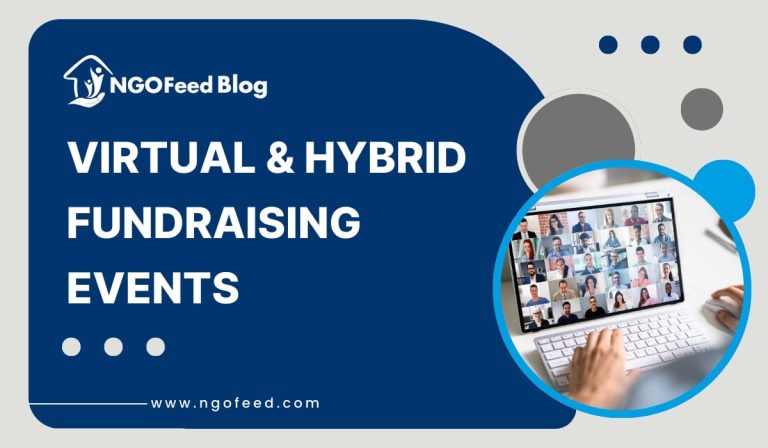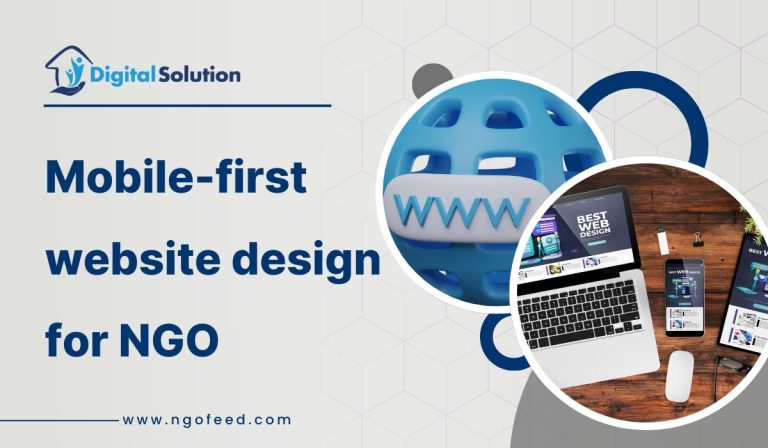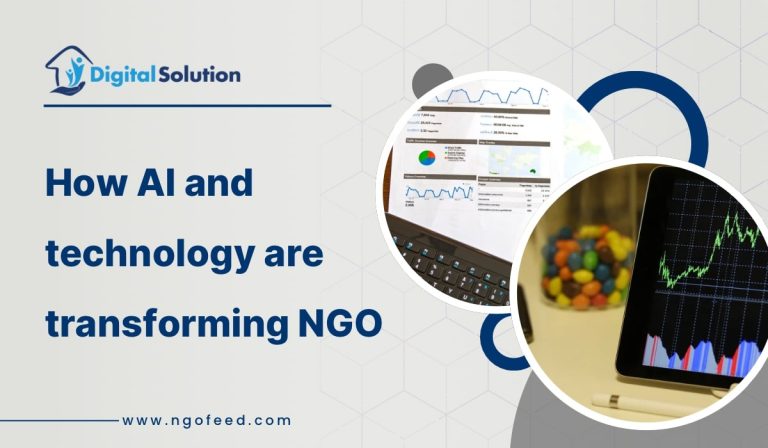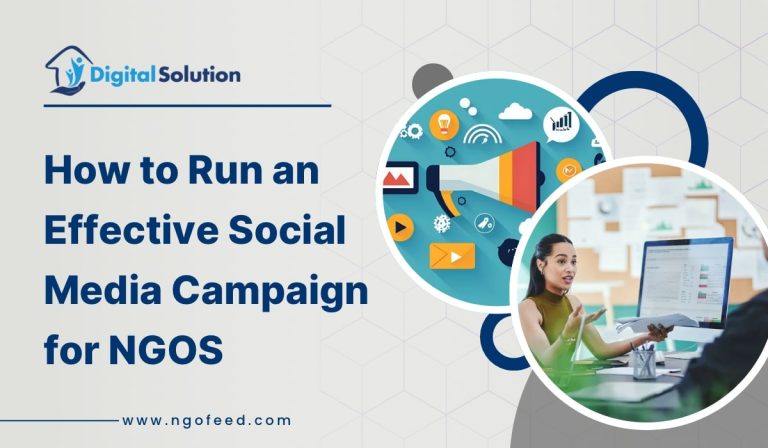How to Choose the Best Crowdfunding Website: Crowdfunding is the process of raising funds with the help of people across the country, using donation-based fundraising platforms as the medium. Crowdfunding on ImpactGuru helps fund your emergency medical treatment or chosen cause with free 24*7 support & expert assistance. Anyone can raise funds on donation platforms – from a newborn child, senior citizens to NGOs & more!
With donation-based crowdfunding, getting financial help for patients in India is convenient and reliable. Unlike medical loans and insurance, fundraising via online crowdfunding platforms requires no liability to pay back the funds raised. So, all the amount generated can be used to cover the cost of emergency medical treatment. Crowdfunding is a quick and easy way to raise money using the internet and social media. Using an online fundraising platform, you can raise the required amounts through donations from across India to fund any social, medical, personal or creative cause.
Campaigners have used online crowdfunding platforms to raise funds for medical treatments such as cancer care, transplants, rare diseases, accident injuries and more. One can also start a fundraiser and raise money to receive help for disaster relief work, support a non-profit or a social cause and even raise funds for personal needs such as medical treatment, education or businesses.
Table of Contents
Understanding Crowdfunding
Crowdfunding refers to the method of gathering small contributions from a vast number of people, usually over the internet, to finance a particular project, venture, or cause. Crowdfunding platforms serve as facilitators, allowing individuals or organizations to showcase their projects to a wide audience of potential supporters. Various types of crowdfunding exist, including:
- Reward-based Crowdfunding: Supporters are given a reward or incentive, such as a product or service, in return for their contribution. Well-known platforms in this category include Kickstarter and Indiegogo.
- Equity-based Crowdfunding: Investors put money into a venture in exchange for a stake in the company. This model is often adopted by startups aiming to expand their operations. Examples include SeedInvest and Crowdcube.
- Donation-based Crowdfunding: People or organizations collect funds for a charitable cause without providing anything in return, other than the satisfaction of contributing to the cause. GoFundMe is a popular platform in this domain.
- Debt-based Crowdfunding (Peer-to-Peer Lending): In this structure, supporters lend money to the project owner, who repays them with interest over a period. Platforms such as Funding Circle and LendingClub are notable in this area.
Also Read: How to Start an NGO Crowdfunding Campaign?
Define Your Goals
Prior to choosing a crowdfunding platform, it is essential to have a clear idea of your objectives. What kind of project are you initiating, and what are your funding targets? The type of crowdfunding (reward-based, equity, donation, etc.) you plan to pursue will significantly impact the selection of the platform.
- Product Development: If you are developing a tangible product, reward-based crowdfunding platforms like Kickstarter and Indiegogo are optimal for generating buzz, securing pre-orders, and collecting funds.
- Charity or Cause: If you are fundraising for a nonprofit organization or a personal cause, donation-based platforms like GoFundMe or JustGiving are more appropriate.
- Business Investment: For equity crowdfunding, platforms such as Crowdcube or SeedInvest will facilitate funding in exchange for ownership equity in your company.
Grasping your project type and objectives will help narrow down the choices and ensure that you are selecting the platform that most closely matches your needs.
Platform Fees and Costs
Crowdfunding platforms impose fees for their services, and comprehending these fees is vital for selecting the optimal platform. Each platform features different fee structures, which can encompass platform fees, payment processing fees, and success fees.
- Platform Fees: Most crowdfunding platforms take a percentage of the total funds raised. For instance, Kickstarter and Indiegogo generally charge around 5% of the total raised, although this may vary by platform.
- Payment Processing Fees: Alongside platform fees, payment processors such as Stripe or PayPal impose a fee for handling payments. These charges typically vary from 2% to 5%, depending on the provider.
- Success Fees: Certain crowdfunding platforms impose an additional success fee if your campaign achieves its funding target. This fee is generally a percentage of the total funds collected, varying from 2% to 10%.
Also Read: Crowdfunding For Nonprofit
While fees are a crucial factor, avoid making your choice solely based on the lowest fees. Evaluate the platform’s audience, tools, and support to ensure that the advantages exceed the costs.
Audience Reach and Platform Popularity
One significant reason to opt for crowdfunding is to access a broad audience of potential supporters. Some platforms possess larger user populations, which can yield more visibility for your campaign. Well-known platforms like Kickstarter and Indiegogo have millions of users, making them suitable for projects that need extensive outreach.
Nevertheless, while large platforms provide extensive exposure, they also entail significant competition. Your project will vie against thousands of other campaigns, which may complicate your ability to distinguish yourself. Conversely, niche crowdfunding platforms target specific industries or causes, such as creative endeavors, social enterprises, or technological innovations. These platforms might have smaller audiences, yet they present a more focused and engaged community of supporters.
Prior to selecting a platform, investigate the platform’s audience demographics to ensure they correspond with your target market. For instance, if you’re launching a tech device, platforms like Indiegogo or Kickstarter may be more fitting. If your project is directed toward social causes, a platform like GoFundMe might be more advantageous.
Platform Features and Tools
Every crowdfunding platform provides various features and tools that can assist you in conducting a successful campaign. Here are some crucial features to seek when choosing a crowdfunding website:
- Customizable Campaign Pages: An effectively designed and customizable campaign page is vital for winning over backers. Look for platforms that deliver user-friendly tools for crafting visually appealing pages with high-quality images and videos.
- Social Media Integration: The capability to share your campaign on social media is a strong way to generate traffic and attract backers. Opt for a platform that provides seamless integration with social media networks.
- Payment Options: Verify whether the platform offers a range of payment options, including credit/debit cards, PayPal, or other regional payment alternatives, to ensure that backers from various regions can contribute effortlessly.
- Campaign Analytics: Some platforms offer campaign analytics, which can assist you in monitoring progress, recognizing trends, and modifying your approach accordingly.
- Customer Support: Excellent customer service is vital, particularly if you’re unfamiliar with crowdfunding. Select a platform with a responsive support team that can help you throughout the campaign process.
Also Read: Crowdfunding Vs Traditional Fundraising
Project Success Rate and Track Record
The rate of success for a crowdfunding platform serves as a crucial metric of its efficacy. Certain platforms boast higher success rates due to their established history of successful campaigns. Investigate the platform’s past and examine case studies of successful campaigns to understand how effectively the platform aids its users.
Keep in mind that success rates differ based on the nature of the project and campaign. Some projects tend to be more successful than others, making it essential to select a platform that aligns with your objectives and project type.
Legal and Regulatory Considerations
Depending on your country or region, crowdfunding may face specific regulations or legal stipulations. If you’re gathering equity or debt-based funds, you must adhere to securities laws, which can differ from one jurisdiction to another.
When choosing a crowdfunding platform, confirm that it complies with relevant regulations and provides legal assistance. For instance, equity crowdfunding platforms such as SeedInvest and Crowdcube provide legal and regulatory frameworks to support businesses in navigating the intricate legal environment.
Evaluate Platform Credibility and Reviews
Prior to making a commitment to a crowdfunding platform, take the time to assess its credibility. Research online reviews, testimonials, and feedback from other campaign creators to gauge the platform’s reliability and performance.
- User Reviews: Seek out user reviews on independent sites, social media, or crowdfunding forums. Positive reviews and feedback from other users can instill confidence in the platform’s credibility.
- Success Stories: Numerous crowdfunding platforms showcase success stories from previous campaigns. These narratives can provide insight into the platform’s effectiveness and help you determine if it’s suitable for your project.
Time to Launch
After selecting a crowdfunding platform, it’s time to initiate your campaign. However, before launching, ensure that you have a thorough marketing and promotion strategy ready. Successful crowdfunding campaigns frequently require extensive preparation, encompassing building an email list, creating promotional materials, and interacting with your audience through social media.
Many crowdfunding platforms provide resources to assist you in preparing for launch, such as guides, templates, and expert advice. Take advantage of these resources to ensure that your campaign is optimally positioned for success.
Also Read: Social Media for NGOs in India
Conclusion
Selecting the ideal crowdfunding platform for your project constitutes a vital choice that can affect the success or failure of your campaign. By comprehending your objectives, assessing the attributes and fees of various platforms, considering the platform’s audience and success rate, and performing extensive research, you can make a well-informed decision that enhances your chances of success.
Remember that crowdfunding involves more than just acquiring funds—it’s about cultivating a community, generating excitement around your project, and engaging with your supporters. Choose a platform that reflects your values, goals, and resources, and be ready to invest effort to bring your project to fruition. With the appropriate platform, commitment, and strategy, crowdfunding can serve as a potent tool to actualize your dreams.

